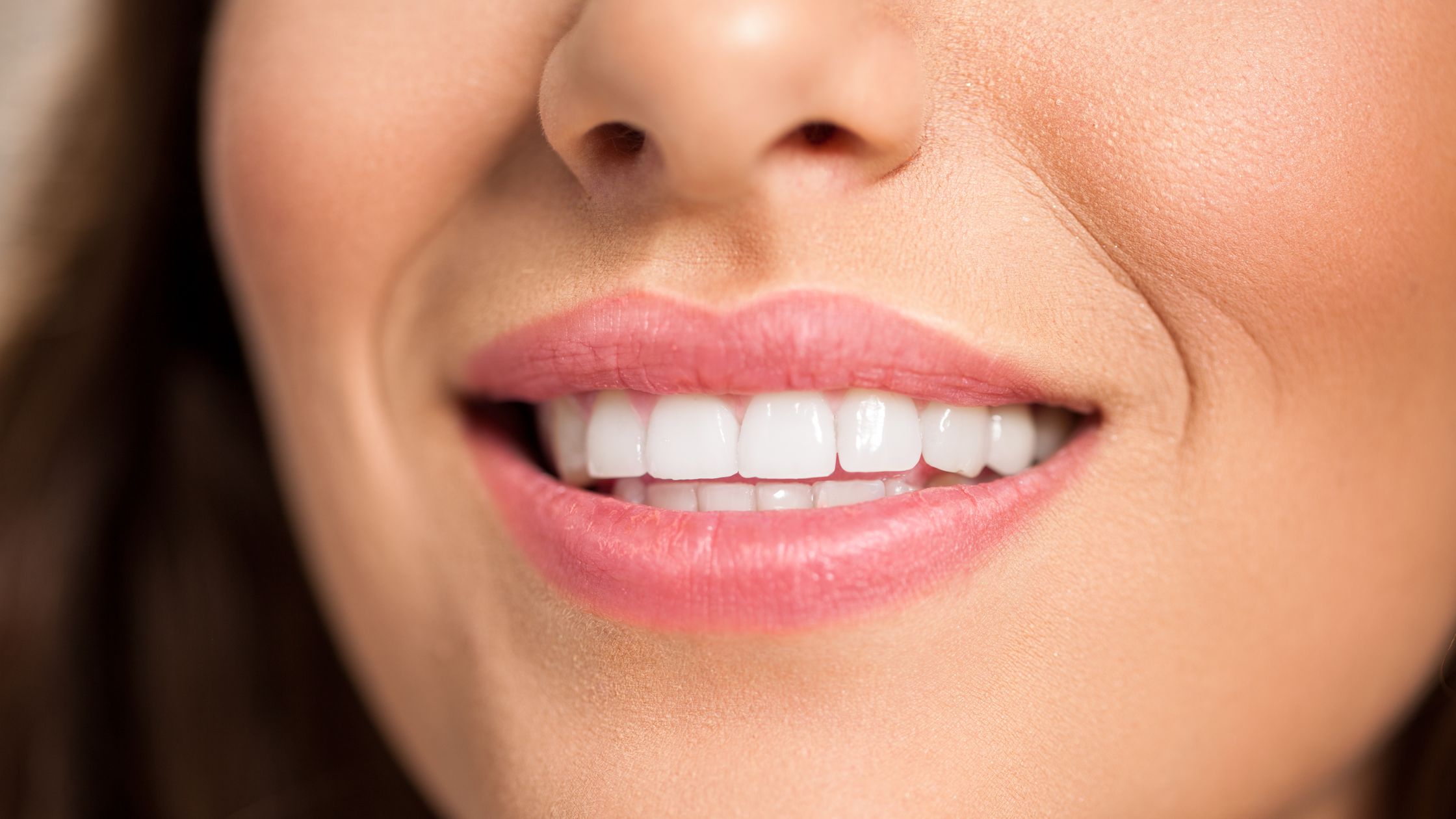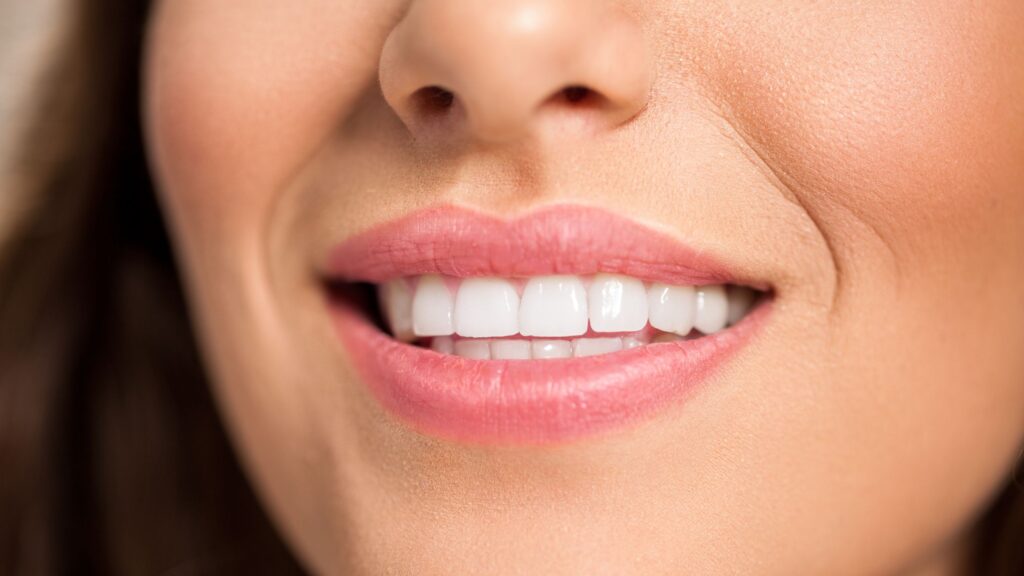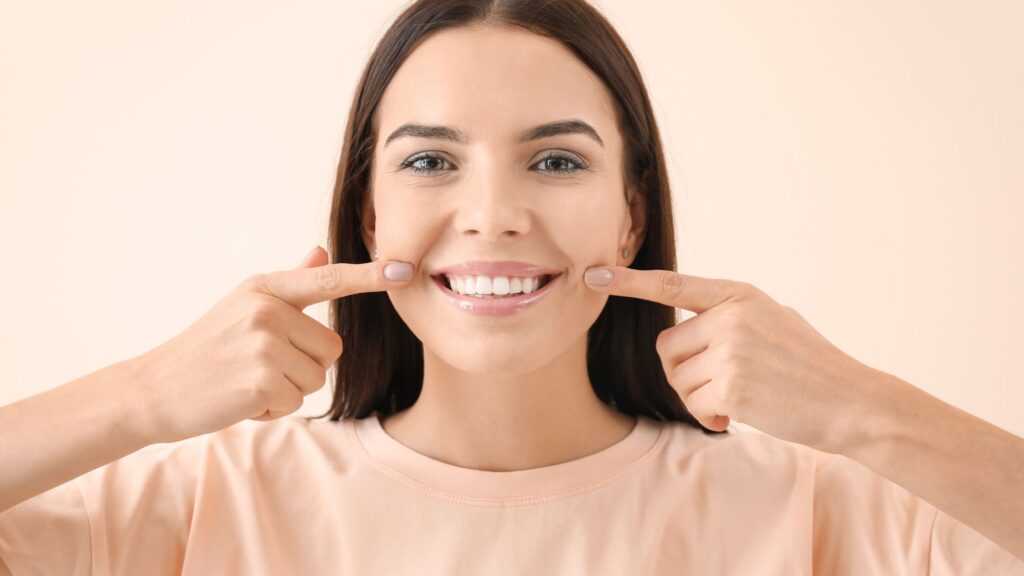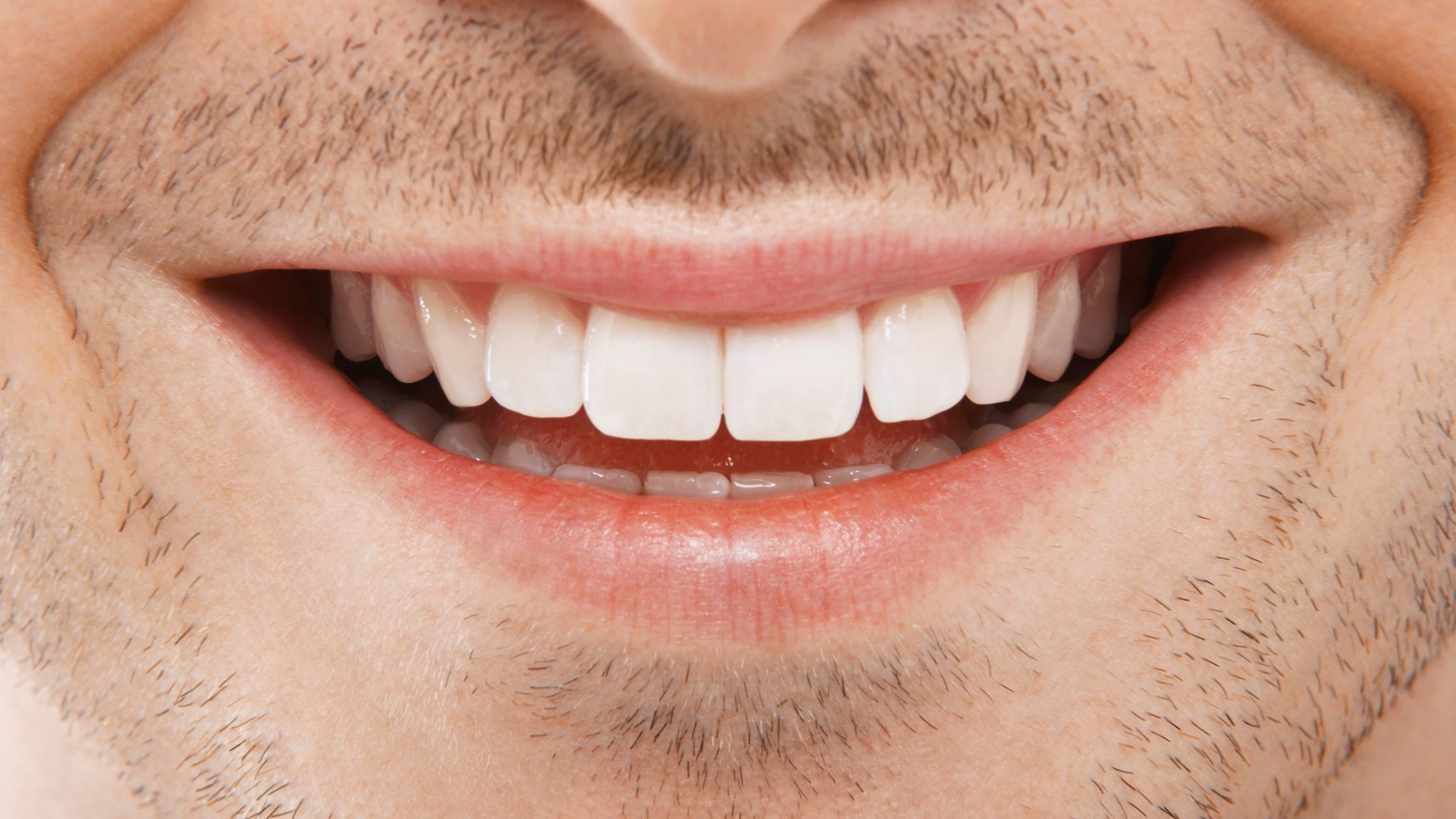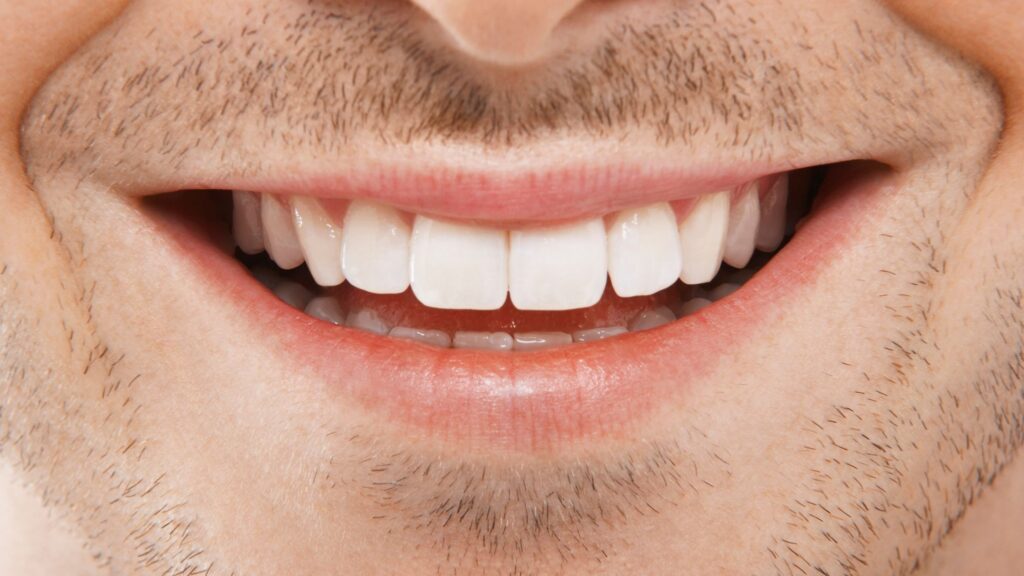The Best Dental Care Tips for Seniors

The Best Dental Care Tips for Seniors from Friendly Dental
As we age, maintaining good oral health becomes even more crucial. Seniors often face unique dental challenges, but with the right care, it’s possible to enjoy a healthy smile for a lifetime. At Friendly Dental, we believe that understanding the best dental care tips for seniors can help prevent oral health issues and improve overall quality of life. If you’re looking for guidance on maintaining your dental health, here are some essential tips that can benefit you.
1. Brush and Floss Regularly
One of the most basic but essential habits for dental health is brushing and flossing. Seniors should brush their teeth at least twice a day and floss once a day to remove plaque, food particles, and bacteria. Plaque buildup can lead to tooth decay and gum disease, both of which are common issues as we age. Using a soft-bristled toothbrush and fluoride toothpaste can help protect your enamel and gums.
For seniors with arthritis or limited hand dexterity, an electric toothbrush might make brushing easier and more effective. Additionally, if you struggle with flossing, consider using floss picks or a water flosser to make the process more manageable.
2. Stay Hydrated
Saliva plays an important role in maintaining oral health by helping to wash away food particles and bacteria. As we age, the production of saliva can decrease, leading to dry mouth (xerostomia). Dry mouth can cause discomfort and increase the risk of cavities and gum disease.
To combat dry mouth, seniors should stay hydrated by drinking plenty of water throughout the day. Chewing sugar-free gum or using saliva substitutes can also help stimulate saliva production. If you’re experiencing persistent dry mouth, consult your dentist in Aberdeen, NJ, for advice on how to manage the condition.
3. Eat a Nutrient-Rich Diet
A healthy diet is not only essential for overall well-being, but it also plays a key role in maintaining healthy teeth and gums. Seniors should focus on consuming a balanced diet rich in calcium, vitamin D, and other nutrients that promote strong teeth and bones. Dairy products, leafy greens, and fish like salmon are excellent sources of calcium and vitamin D.
Limit sugary and acidic foods that can erode tooth enamel and increase the risk of cavities. If you have dentures or sensitive teeth, be mindful of foods that may irritate your mouth, such as hard, crunchy, or sticky items.
4. Regular Dental Checkups
Routine dental checkups are essential for seniors to monitor the condition of their teeth and gums. Regular visits to your dentist in Aberdeen, NJ, allow your dentist to detect potential issues early, such as cavities, gum disease, or oral cancer. Seniors may also experience problems with dental restorations, such as fillings, crowns, or bridges, which need to be checked for wear and tear.
During your dental appointment, your dentist will also perform a thorough cleaning to remove plaque and tartar buildup that can’t be removed with regular brushing and flossing. If you have specific concerns or conditions, such as diabetes or heart disease, be sure to discuss them with your dentist, as they may affect your oral health.
5. Take Care of Dentures or Dental Implants
Many seniors wear dentures or have dental implants as a solution to missing teeth. If you have dentures, it’s crucial to clean them daily with a denture brush and soak them overnight to remove bacteria and plaque buildup. Make sure your dentures fit properly, as poorly fitting dentures can cause discomfort and lead to oral sores.
If you have dental implants, follow your dentist’s instructions for cleaning and maintaining them. Implants require proper care to avoid infection or failure. Regular checkups are also important to ensure that the implants are securely in place.
6. Address Gum Health
Gum disease, or periodontal disease, is a common problem among seniors. It occurs when plaque and tartar buildup lead to inflammation and infection of the gums. If left untreated, gum disease can result in tooth loss and other serious health issues.
To protect your gums, practice good oral hygiene, avoid smoking (which can worsen gum disease), and visit your dentist regularly. Signs of gum disease include red, swollen, or bleeding gums, so be sure to seek treatment if you notice these symptoms.
7. Quit Smoking
Smoking is harmful to oral health at any age, but it becomes even more dangerous as you get older. Smoking can contribute to gum disease, tooth loss, and oral cancer. If you smoke, quitting can significantly improve your oral health and overall well-being.
If you need help quitting, talk to your healthcare provider for resources and support.
8. Consider a Fluoride Treatment
As we age, our enamel naturally wears down, making our teeth more susceptible to cavities. A fluoride treatment can help strengthen enamel and protect against tooth decay. Ask your dentist if fluoride treatments are right for you.
9. Watch for Oral Cancer Symptoms
Oral cancer is more common among seniors, and early detection is key to successful treatment. Be sure to check your mouth regularly for any signs of oral cancer, such as persistent sores, lumps, or white or red patches on the gums, tongue, or inside the cheeks.
If you notice any unusual changes, schedule an appointment with your dentist right away for an evaluation.
Contact Us
Maintaining good oral health as a senior is essential for your overall well-being. By following these dental care tips and working closely with the best dentist in Aberdeen, NJ, you can help ensure that your smile stays healthy for years to come. Regular checkups, a balanced diet, proper oral hygiene, and proper care for dentures or implants are all critical for preserving your oral health. Don’t hesitate to reach out to your dentist with any questions or concerns about your dental care needs.
At Friendly Dental, we’re committed to helping seniors achieve and maintain optimal dental health. Let us guide you through every step of the process, ensuring that you can continue to enjoy a bright, healthy smile.












